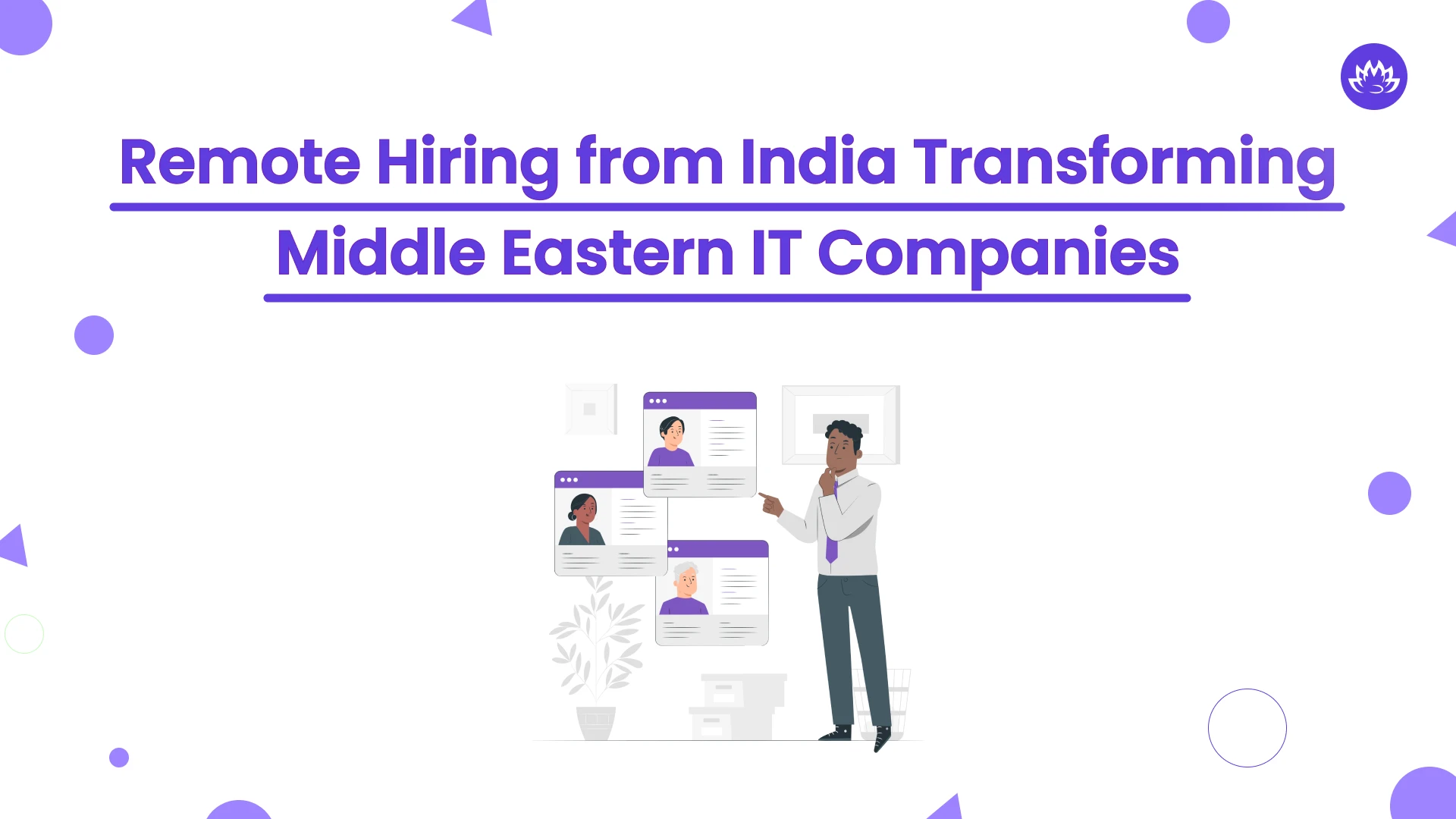The use of mobile applications covers a large spectrum of industries and businesses. The airline industry is the recent domain evolving with the impact of digital transformation through mobile apps. Mobile technologies are embedded with the greatest potential to address the complex challenges of airports. They have intricate systems surrounded by a lot of information shared with multiple stakeholders, passengers, airport authorities, and ground handling services. The massive data together is analyzed, enhancing efficiency and passenger experiences.
The evolution of Airport 2.0 has now made airports more agile and adaptive to the changing environment. With the collaboration of various technologies, various businesses, stakeholders and ecosystem partners are now able to share information seamlessly through a shared services strategy. The airports now carry a well-networked architecture offering shared services on a common platform. Services like IP telephony, Wi-Fi, broadband, and video surveillance are now available at competitive prices without deploying individual technical solutions.
Advanced airports have become agile airports with the latest operational efficiencies, promoting faster turnaround times, quicker set-up times, and enhanced passenger experiences. There is much more to it. The blog will give you the deepest insights into the benefits of airport mobile applications, some of the best features that are influencing airport systems, and what the future of airports looks like.
How Can Airport Mobile Applications Help User
Many governments around the world understand the importance of smart airports and how they can foster the economic growth of the nation. By 2030, the market of smart airports is estimated to surpass $9.34 bn due to rising security concerns and the burgeoning digital transformation in the aviation sector. There are numerous benefits of airport apps. Some of the most popular applications are:
Ecommerce Sales Generating More Revenues
Mobile apps permit airports to sell higher amounts of products and services to passengers. For example, airports use apps to sell flight tickets, holidays, and hotels to all those passengers who are existing customers of their airlines. These apps can be used to sell other products and services like pre-book retail and duty-free, parking, lounge, food and beverage, and fast track to passengers.
Collect Important Customer Data
Developing a traditional app for the users and adding various loyalty schemes is the best approach to increase traction. Here, mobile apps are an important source of data for airports, helping them gain insights into passenger profiles and their choices for travel products, destinations, and services. It also helps airports to understand their spending patterns and what kind of behavior they prefer. All this information generates better experiences for the passengers and improves their overall loyalty.
Offers Real-time Passenger Information
Mobile apps changing the way of travel apps, are also used to disperse information quickly, enhancing customer experiences. With a robust airport app, passengers can access real-time and perfect information about parking, flights, ground transportation, and other services. Airports also would like to use such data to send parking alerts, security queues, and free restaurant tables. With these apps, airports can provide an overall passenger experience, giving them tailored services.
Provides Customer Feedback
Customer feedback helps improve airport experiences and enhances passenger loyalty. Airport apps are the easiest means to get feedback from passengers. For example, while they pass through security, airports can send push notifications with an app asking passengers whether they are satisfied with the services. During their return from trips, airports can ask passengers to rate their experiences.
Self-Service Options for Passengers
Modern digital travelers expect to have control in their hands over each step of the journey. The best way to fulfill their demands is with an airport app. There are self-service options for purchasing quick tickets, check-in details, virtual queuing, and getting answers on their FAQs. All this promotes enhanced passenger experiences.
Improves Passenger Loyalty
Another best way to solidify the improvement in passenger loyalty is by promoting a genuine rewards program. A mobile-friendly loyalty program facilitates users to collect, view, and spend their reward points, encouraging them to make further purchases.
Top Features of Airport Mobile Applications to Create Flawless Airport Experiences
Real-time Flight Updates and Notifications
Details like flight delay, gate changing, baggage claim information, and much more, passengers can receive all these details instantly and through their mobile devices from within a mobile app.
Interactive Maps and Way Finding
It is a daunting task to navigate through busy airports. Mobile technologies provide a solution through interactive maps and navigation features. Also, kiosks can provide passengers easy access to airport maps, aiding travelers to find their way around, restaurants, and retail outlets.
Biometric Verification and Mobile Passports
With this feature, passengers can use biometric data for identity verification. The upcoming mobile apps will have robust biometric solutions for airports, making passenger journeys smooth and secure. Also, mobile passports will help passengers pass through immigration processes.
Personalized Airport Experiences
Mobile technologies can enhance personalized experiences for travelers. Airports can understand more about passenger choices, preferences, and purchasing patterns.
Automated Security Checks via Mobile Devices
Sometimes airport security checks are the biggest bottleneck in the journey of passengers. With mobile applications, airports can use integrated security systems, enabling automated security checks. Passengers can use their smartphones without and security concerns through identity verification, security procedures, enabling reduced wait times and enhancing the total airport experience.
Structured Retail Experiences Through Pre-Ordered Systems
With pre-order management platforms, airlines and airports can facilitate passengers to reserve their meals and get additional services before the scheduled flights. Such innovations can awe the passengers and increase the overall passenger experiences, bolstering airport revenues. With mobile apps, travelers can access current discounts and promotions, permitting them to select before even arriving at the airports. This keeps the passengers well-informed, helping them learn about the latest offerings.
Structured Retail Experiences Through Pre-Ordered Systems
The aviation industry is already well acquainted with loyal program offers. With mobile apps, passengers seamlessly manage their loyalty accounts. Various discounts and exclusive offers push them to engage more and purchase more, enhancing the overall travel experience.
To conclude, mobile technologies integrated at airports are on the way to reshape the overall air travel experience. The aviation industry is on its way to transforming digitally, looking forward to innovating and giving seamless airport experiences to users.
The Future Trends in Aviation Industry Powered by Smart Mobile Applications
The current airport mobile application technologies are seen gradually transforming the aviation industry. The future will be like never before as innovations from AI and Metaverse are on the rise. Here are the top seven future trends enhancing the mobile app development industry:
- Automation and Robotics will eliminate the need for human-manned desks, providing passengers with information and guidance all the time and streamlining security screening and floor management.
- ChatGPT will provide exclusive customer experiences, enhancing industry functions, and making seamless payment processing for platforms like Stripe and Morgan Stanley.
- Augmented and Virtual Reality will provide immersive and interactive experiences that will connect the aviation ecosystem, improving the efficiency of various tasks and providing smoother operations thereby saving costs. XT and Metaverse usage will improve customer experiences, reduce costs, and ensure a safer environment for learning and maintenance. Staff training, identifying potential dangers, and providing unparalleled in-flight entertainment are the most popular applications for this technology.
- Advanced data analytics and location intelligence will help airports in their decision-making processes. With massive data available, these systems will manage information to identify and resolve issues, address the challenges to properly estimate the costs, and much more.
- IoT, 5G, and Cloud can address the aging infrastructure and endless struggle to match the speed of the increasing passenger count. Increasing queues, overbooked flights, and airport floorspace surpassing are the biggest challenges that are expected to be resolved by collaboratively investing in enhancing terminals catering to future demands. IoT, 5G, and Cloud will together facilitate sustainable airport operations, enhancing revenue opportunities, operational performance, and passenger experiences.
Conclusion
From booking flights and making reservations through airports to accessing real-time information and leaving feedback for the airport to using loyalty programs in real-time, airport mobile apps are revolutionizing airports with their numerous services. Whitelotus Corporation is known for being the most dynamic travel app development company, delivering robust app solutions for airports. You can enhance travel experiences by providing efficient travel bookings and supporting them in making smart travel plans through mobile applications. Joins hands with one of the most sustainable mobile app development companies to help you improve your aviation business to the next level!
Author
-

Kirtan is CEO of Whitelotus Corporation, an emerging tech agency aimed to empower startups and enterprises around the world by its digital software solutions such as mobile and web applications. As a CEO, he plays key role in business development by bringing innovation through latest technical service offering, creating various strategic partnerships, and help build company's global reputation by delivering excellence to customers.
View all posts












